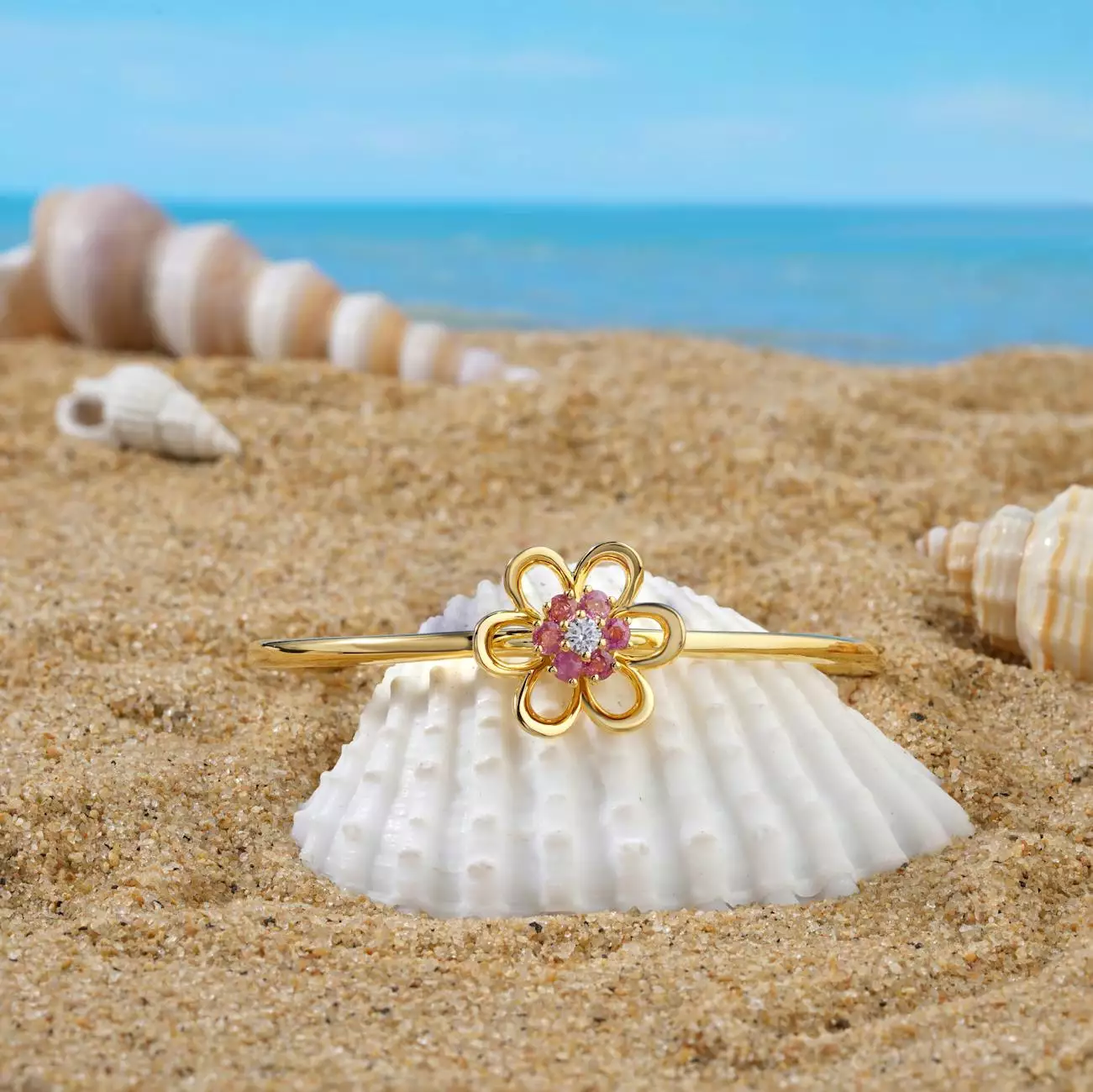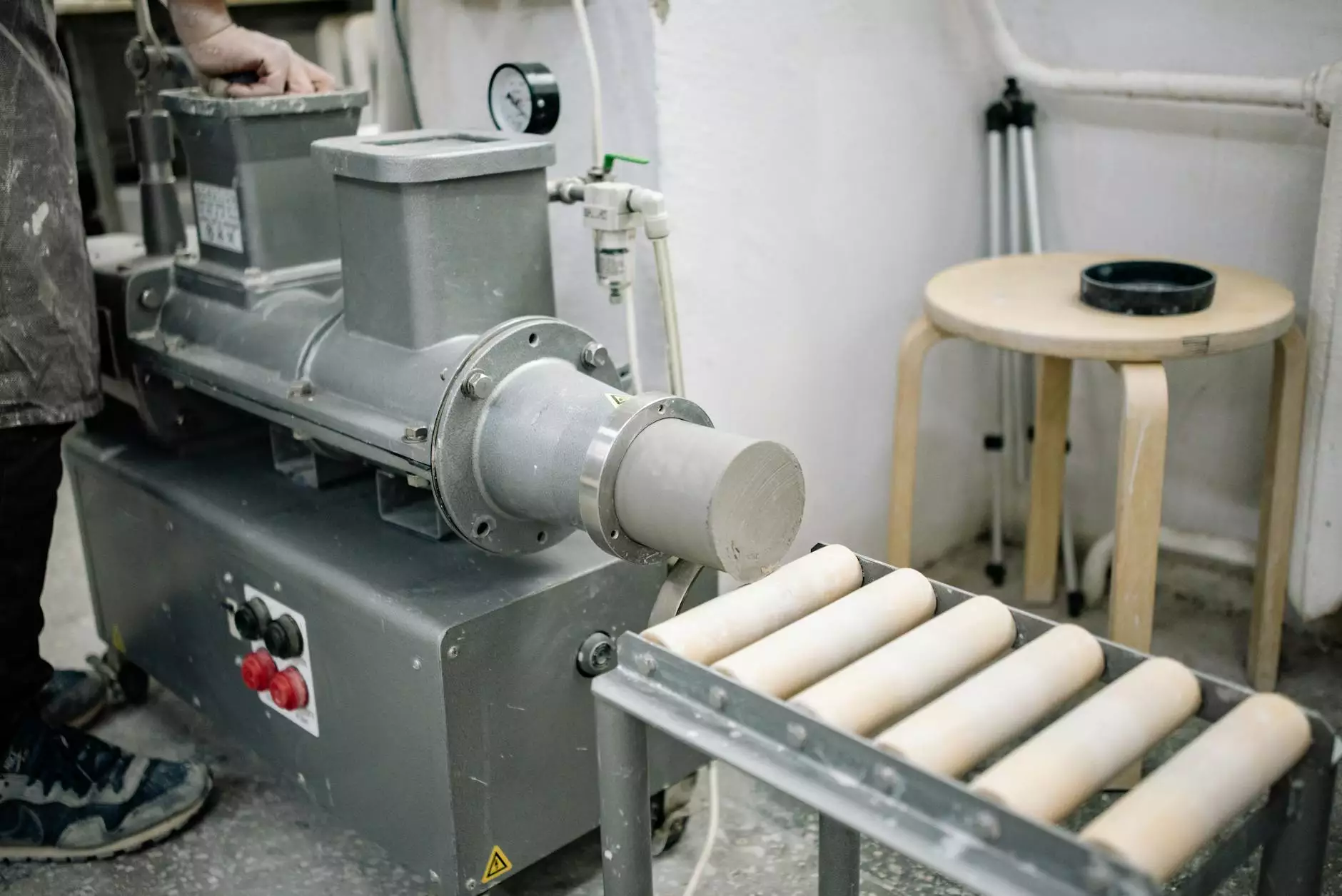Zirconia Dental Crown: A Comprehensive Guide to Modern Dental Solutions

Zirconia dental crowns have revolutionized the field of dentistry, providing patients with durable, aesthetically pleasing, and biocompatible solutions for their dental restoration needs. In this article, we will delve deeply into the characteristics, benefits, and applications of zirconia dental crowns, equipping you with all the knowledge you need to make informed decisions regarding your dental health.
What is a Zirconia Dental Crown?
A zirconia dental crown is a type of dental crown made from zirconium dioxide, a robust ceramic material known for its translucency, strength, and natural appearance. Unlike traditional crowns made from metals or other ceramics, zirconia crowns blend seamlessly with your natural teeth, providing superior aesthetics.
Key Benefits of Zirconia Dental Crowns
1. Aesthetic Appeal
One of the primary advantages of zirconia crowns is their natural appearance. The material's translucency mimics the look of natural teeth, allowing for an improved smile without the metallic sheen associated with traditional crowns.
2. Durability and Strength
Zirconia is renowned for its strength. It can withstand considerable bite pressure, making it an ideal choice for posterior teeth, which endure more stress during chewing. With proper care, zirconia crowns can last more than 15 years, providing a long-term solution to dental issues.
3. Biocompatibility
Since zirconia is a biocompatible material, it is well-tolerated by the body. This property minimizes the risk of allergic reactions and ensures that the crowns integrate smoothly with the surrounding tissues, promoting overall dental health.
4. Minimally Invasive Procedure
The process of placing a zirconia crown is relatively straightforward and minimally invasive. In many cases, the remaining tooth structure can be preserved, which is crucial for maintaining healthy teeth and gums.
How Are Zirconia Dental Crowns Made?
The creation of zirconia dental crowns involves several meticulous steps, ensuring a perfect fit and appearance. Here’s an overview of the process:
1. Tooth Preparation
The first step involves preparing the tooth that will receive the crown. This usually requires reshaping the tooth to ensure a proper fit for the crown.
2. Impressions
After preparation, the dentist takes impressions of your teeth, which will guide the fabrication of the custom crown. Advanced digital scanning techniques may also be used to create a precise model.
3. CAD/CAM Technology
Modern dental practices often use CAD/CAM (Computer-Aided Design/Computer-Aided Manufacturing) technology. This technology allows for the precise fabrication of zirconia crowns in the dental office, often within the same day, reducing the number of visits required.
4. Sintering
Once the crown is designed, it undergoes a sintering process in which the zirconia material is heated to create a solid and durable structure.
5. Final Adjustments and Placement
The final step involves adjusting the crown for fit and comfort, ensuring that it aligns correctly with your bite before cementing it into place.
Applications of Zirconia Dental Crowns
Zirconia dental crowns can be used in various dental applications, including:
- Covering Discolored or Damaged Teeth: They provide an excellent aesthetic solution for teeth that are severely discolored or damaged.
- Dental Implants: Zirconia crowns are often used to restore dental implants, offering both functionality and aesthetics.
- Bridges: They are commonly utilized in dental bridges, replacing missing teeth effectively.
- Root Canal Treatments: After a root canal, a zirconia crown can provide the necessary protection and restore function.
Comparing Zirconia Crowns with Other Types of Crowns
When considering a dental crown, it’s essential to understand how zirconia crowns measure up against other materials like porcelain and metal. Here’s a comparison based on key factors:
1. Aesthetics
While porcelain crowns also provide good aesthetics, zirconia crowns have superior strength without sacrificing a natural appearance. Metal crowns tend to be more visible and can detract from the smile's aesthetic quality.
2. Durability
Zirconia crowns are among the most durable options available, surpassing porcelain and some metal crowns in longevity. This strength makes them less prone to chips and fractures.
3. Weight
Zirconia crowns are lighter than metal crowns, providing greater comfort and less pressure on the supporting tooth structure.
4. Biocompatibility
Both zirconia and porcelain are biocompatible; however, zirconia tends to be more successful at integrating with the natural tooth and surrounding tissue. Metal crowns can sometimes cause allergic reactions or metal sensitivity.
Cost Considerations of Zirconia Dental Crowns
The cost of zirconia dental crowns can vary significantly based on several factors including:
- Location: Dental fees tend to differ based on geographical location.
- Complexity of the Case: Additional treatments, such as root canals or teeth extractions, may increase the total cost.
- Dentist Experience: More experienced dentists may charge higher fees for their expertise.
While the initial investment may be higher compared to traditional crowns, the longevity and durability of zirconia crowns often result in cost savings over time due to fewer replacements and repairs.
Aftercare for Zirconia Dental Crowns
Once you receive your zirconia dental crown, proper care is essential for ensuring its longevity. Here are some tips for maintaining your crowns:
1. Good Oral Hygiene
Maintaining proper oral hygiene by brushing twice daily and flossing regularly is crucial. This helps prevent plaque buildup that can lead to gum disease and affect the longevity of your crown.
2. Regular Dental Check-ups
Regular visits to your dentist for check-ups and cleanings can help identify any potential issues early and extend the lifespan of your crown.
3. Avoid Hard Foods
Avoid overly hard foods that could chip or crack your crown. Use caution with foods like ice, hard candies, and nuts.
Choosing the Right Dentist for Zirconia Dental Crowns
Selecting a qualified dentist is critical to achieving the best results with zirconia crowns. Here are some qualities to look for:
- Experience: Look for a dentist who has significant experience with zirconia crowns and understands the nuances of dental restoration.
- Technology: Choose a practice equipped with advanced technology like CAD/CAM systems for more precise results.
- Patient Reviews: Reading reviews and testimonials from previous patients can provide insight into the dentist’s skill and customer service.
Conclusion
The advent of zirconia dental crowns marks a significant advancement in dental restoration, combining aesthetic appeal with superior durability and biocompatibility. As dental technology continues to evolve, zirconia crowns are likely to remain a top choice for those seeking long-term solutions to dental issues.
Understanding the benefits, applications, costs, and care of zirconia crowns can empower you as a patient to make informed decisions regarding your dental health. Always consult with a qualified dental professional to tailor the best treatment plan for your individual needs.
Explore more about dental solutions at wupdoc.com.



